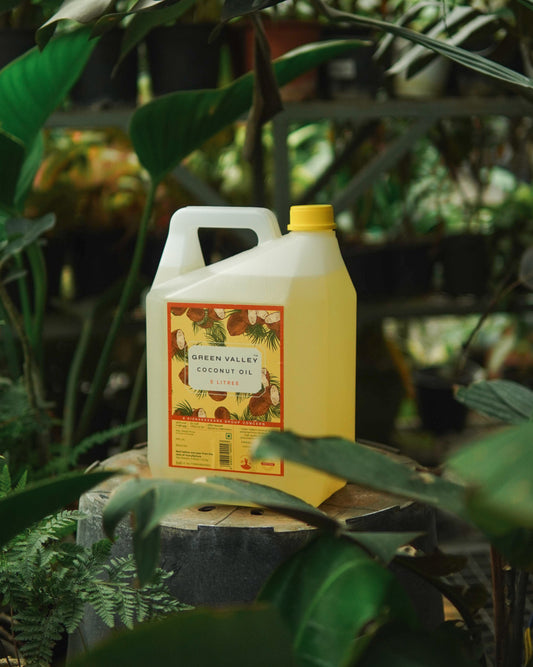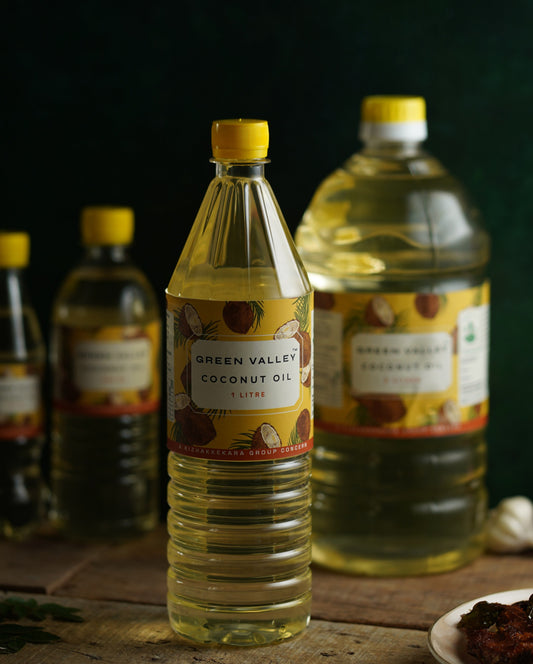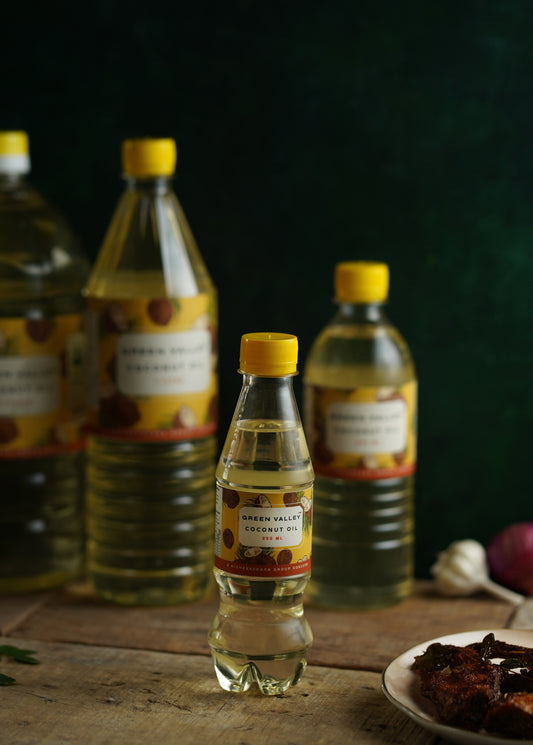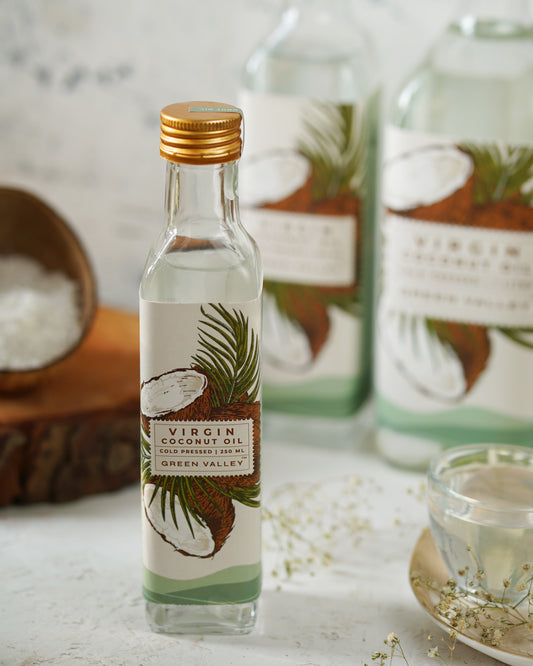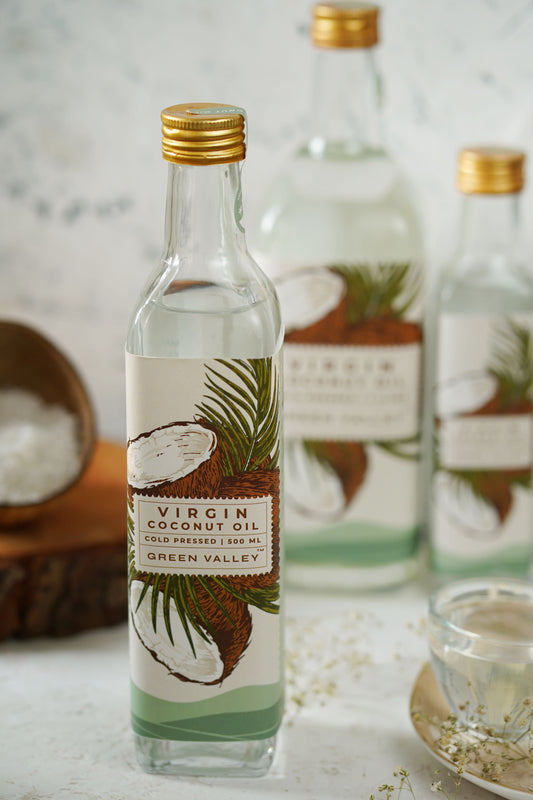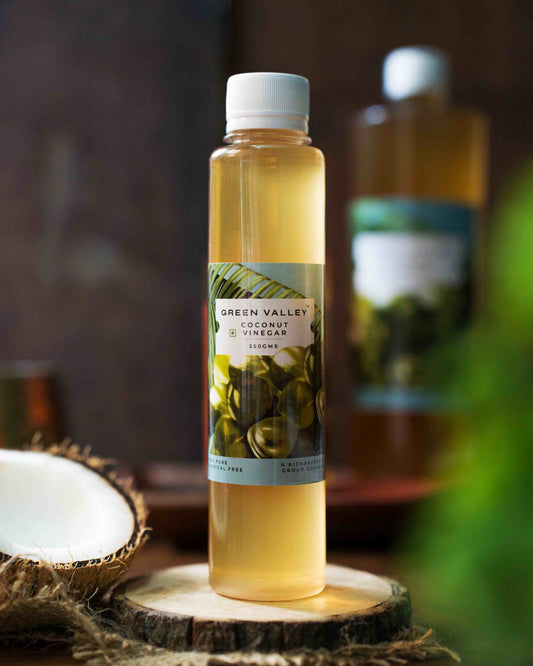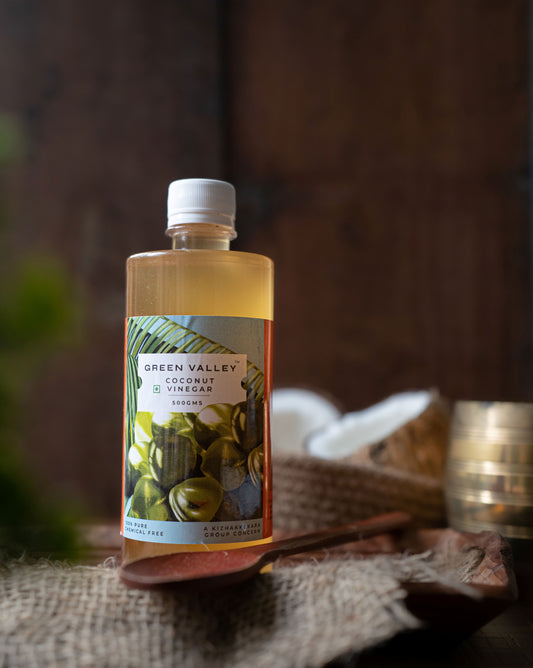It’s 8 a.m., you’re scrolling through your feed, and you see yet another influencer spooning a glistening blob of coconut oil into their mouth like it’s dessert. Is this just a trend destined to die like charcoal toothpaste? Or is there actually something magical about drinking virgin coconut oil?
Let’s dive into the fascinating world of virgin coconut oil, what happens when you drink it, and whether your body throws a mini tropical party in response.
What Is Virgin Coconut Oil?
Virgin Coconut Oil (or VCO, if you’re busy and into acronyms) is made from the fresh milk of mature coconuts. It’s cold-pressed, unrefined, and hasn’t been bullied by heat or chemicals. Basically, it’s coconut oil in its purest, most natural form—think of it as the extra virgin olive oil of the beachside pantry.
Unlike refined coconut oil, VCO still holds onto its antioxidants, nutrients, and a mildly sweet aroma that could make even your dullest toast feel fancy.
What’s in a Spoonful?
One tablespoon of VCO contains:
- 120 calories
- 14g fat, of which about 12g is saturated fat
- A bounty of Medium Chain Triglycerides (MCTs)
- The ever-famous Lauric acid (up to 50%)
-
Exactly 0 grams of carbs, proteins, guilt, or regrets (if used wisely)
It’s this blend—especially the MCTs—that gives coconut oil its superhero status in the wellness world. But what actually happens when you drink it?
1. It Gives Your Brain a Bit of a Boost
MCTs are kind of like VIP guests in your metabolism—they get quick access to your liver, where they’re turned into ketones. These ketones are like energy nuggets for your brain.
So, if you’re the kind who walks into a room and forgets why, VCO might just give your neurons the spark they’ve been waiting for. It’s also gaining attention in brain-health circles for possibly supporting cognition in people with Alzheimer’s or memory decline. (Although more research is needed before you throw your textbooks at your doctor.)
2. It Might Help With Weight Management
Before you write an open letter to your fat cells, let’s be real: VCO is not a magic shrinking potion.
BUT—thanks to the MCTs—it does have some metabolic perks:
- Slightly boosts energy expenditure
- Helps you feel fuller for longer
-
May reduce appetite, because fats (especially MCTs) slow digestion and keep you from staring longingly at the snack shelf 10 minutes after lunch
In small daily amounts (around 1–2 tablespoons), it can support weight goals—especially when replacing processed fats. But again, moderation is the MVP here.
3. Loosens the bowels
Drinking coconut oil, especially when you’re not used to it, can loosen the bowels. Why? Because MCTs move fast, your digestive system may panic at first.
So, unless you enjoy emergency sprints to the loo, start with 1 teaspoon a day, and give your gut time to adapt. After that, you can work up to a tablespoon or two—if your body vibes with it.
4. It’s a Tiny Jar of Antibacterial Goodness
Lauric acid in VCO is a powerful antimicrobial that can mess with the cell membranes of nasty invaders like bacteria, viruses, and fungi.
This might be why some people claim they get sick less often after taking coconut oil regularly. While VCO isn’t exactly your immune system’s knight in shining armour, it definitely plays the role of a helpful squire.
In the gut, it may also help promote a healthier balance of good vs. evil bacteria. And a happy gut = a happy everything.
5. It Can Raise HDL (Good) Cholesterol
Here’s a plot twist: even though VCO is 90% saturated fat, it’s been shown to increase HDL (a.k.a. “good cholesterol”) in multiple studies. HDL helps sweep LDL (bad cholesterol) out of the bloodstream.
Some research also suggests VCO might lower the overall LDL/HDL ratio, which is considered a more accurate indicator of heart disease risk.
Important side note: It can raise LDL too—so this isn’t a "chug-it-and-forget-it" situation. If you’ve got cholesterol concerns, always check with a healthcare provider before making dietary oil swaps.
Bonus: Your Mouth Might Love It Too
This one’s less about drinking and more about swishing. Ever heard of oil pulling? It involves swirling coconut oil in your mouth like mouthwash for 10–15 minutes (yes, really). Fans of oil pulling say it:
- Freshens breath
- Whitens teeth (anecdotally)
-
Reduces plaque and bacteria
It won’t replace your dentist, but it might earn you a gold star at your next cleaning.
A Few Coconuts to Keep in Check
Even tropical treasures have their quirks. Here’s what to watch out for:
-
Too much, too fast = tummy trouble
We’re talking bloating, diarrhoea, and awkward bathroom moments. - It’s high in calories, so if you’re tracking your intake, don’t let coconut oil sneak in as an “invisible” add-on.
-
It can increase LDL in some people, so don’t make it your only fat source.
Also, the quality of your oil matters. Stick with cold-pressed, virgin coconut oil—unrefined, unbleached, and not smelling like a tanning bed.
So… Should You Drink Virgin Coconut Oil?
If you:
- Want a natural source of quick energy
- Are exploring gentle metabolism support
- Want a tasty way to fuel your morning coffee or smoothie
-
Don’t have specific cholesterol issues
…then drinking small amounts of virgin coconut oil might be a beneficial (and tasty) health habit.
Just don’t treat it like a miracle elixir. It’s a healthy fat, not a wizard in a jar.
How to Drink It
- Start with 1 teaspoon a day, then gradually increase to 1–2 tablespoons
- Add it to coffee or smoothies for a creamy texture
- Mix with warm lemon water for a digestion-friendly drink
-
Try it in soups or broths if you’re feeling adventurous
And please, don’t just gulp it straight from the spoon unless you’re emotionally prepared for that slippery experience.


